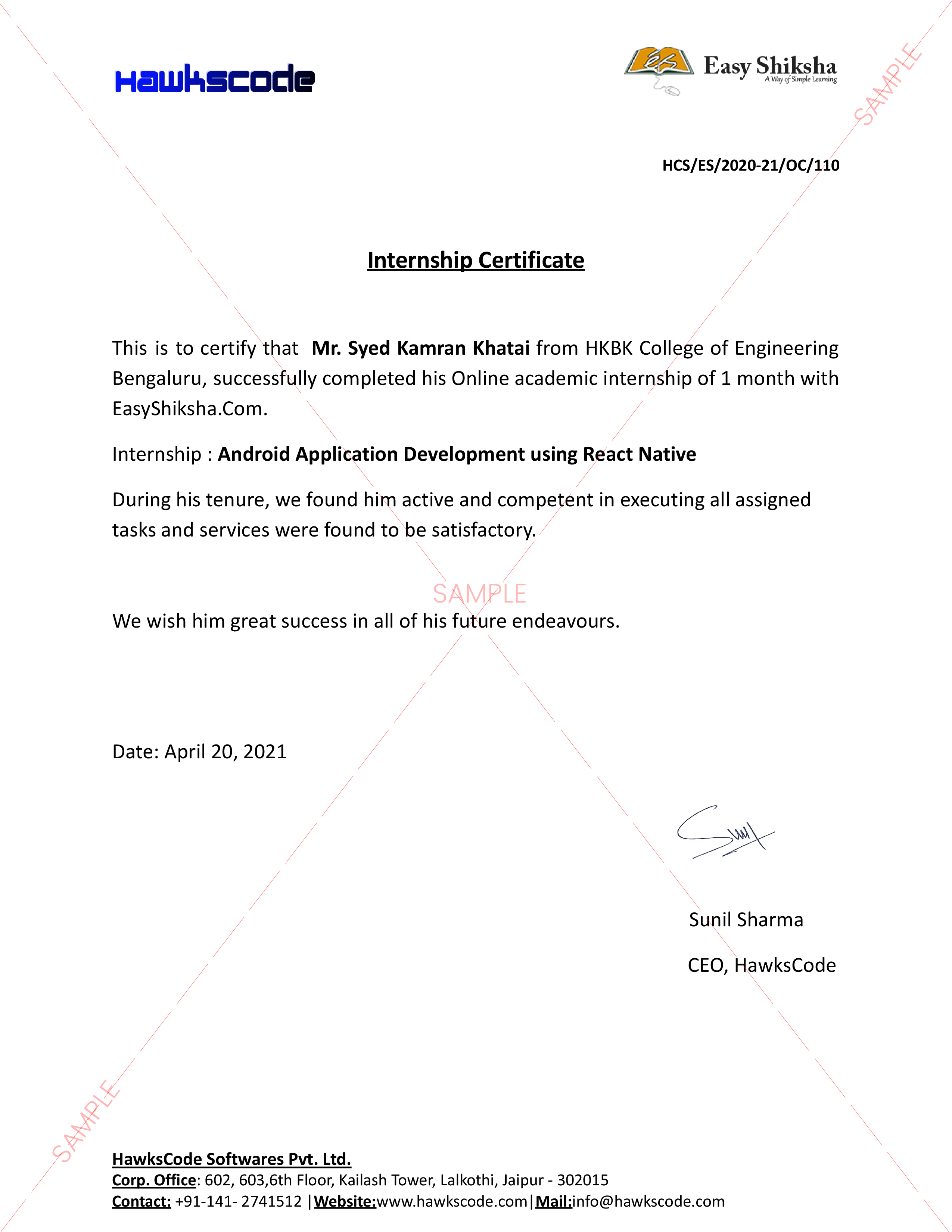-Dr. Adya Sharma, Director, Symbiosis Centre for Management Studies (SCMS Pune)
This October, moonlighting, an age-old market phenomenon, has created headlines. Around 300 employees from Wipro were terminated on the grounds of holding an additional job with the company’s competitor – in other words, moonlighting. This event affecting the massive number of people involved, calls for a dissection of the phenomenon.
To begin with, it is essential to look at what moonlighting is – the act of holding additional jobs other than one’s primary occupation, usually in secret. The very definition may raise a few objections from employees – why does it have to be a secret affair? In today’s challenging times, shouldn’t one in one’s personal time be free to supplement the primary source of income?
Technically, the problem doesn’t lie in seeking a secondary income source itself but in the conflict of interest that is often associated with moonlighting, allegedly, the very breach of the professional code of conduct related to the recent event regarding the Wipro employees.
The much-needed perspective on moonlighting, despite its pejorative usage, is that it need not be a clandestine affair. A secondary source of income, if carried out without a conflict of interest and breach of contract with one’s primary establishment, in terms of simultaneously holding two full-time jobs, can serve as a platform to pursue one’s hobbies while earning from them. The opportunity to follow one’s passions can solve a prevalent human resource problem- burnout. Moreover, the multi-faceted skill set the job holders will develop in their other jobs, can feed the dynamic needs of all their employers, who require multi-talented workers prepared for constant upskilling to tackle the various challenges in the industry.
Where the problem begins is that while in search of supplementary income, people often find out how uni-dimensional their skill set is, ergo going back to the parent industry for a second job. This problem originates in the blinkered and myopic education system. For example, often candidates that are in the STEM fields lack essential communication skills while the humanities education doesn’t focus on the technical aspects of the industry, creating a huge gap between academic life and the market. Even, the technical education that the average institute imparts does not fit the industry requisites. Hopefully, NEP (New Education Policy) 2020 with its focus on multidisciplinary education, and industry-immersive and research-oriented pedagogy, will prove to fill the gap, delivering new-age industry muti-skilled leaders.
On the other hand, a primary concern that alarmists can raise about moonlighting is that given the current circumstances, repeated instances of conflict of interest offence would create a rise in animosity in the employer-employee relationship, for which much like in every aspect of the market economy, trust is the cornerstone. Trust issues aside, the employers are concerned that given the limited time and resources an individual can bring to the job, moonlighting is hogging the attention of the employee.
Perhaps at its very core, the issue at hand is a toxic corporate culture and expectation to overwork with minimum pay. Major multinational companies have reported being understaffed, which implies that the current job holders shoulder more than their share and possibly, without the desired compensation. Consequently, this overworked generation, often living in giant, overpriced cities, has started to perform “quiet quitting”, to avoid the overtime grind, furthering an acrimonious work environment. But is it the only factor?
Also Read: Vignan Online to host a webinar on career opportunities with an MBA in Digital Marketing
The lifestyle inflation in the increasingly consumerist society of the day, particularly among the aspirational middle class, also contributes to the rise of moonlighting. Additionally, the uncertain times during and the aftermath of the pandemic, have nudged employees to realise the fine balancing act that the market is. The rampant pay cuts, terminations, reduced or absent bonuses, and overall financial hardships people suffered during the pandemic have been guiding factors behind increased moonlighting in the industry.
While it is hard to locate where exactly the balancing point of the issues revolving around moonlighting is, it is worth noting that changes have in every aspect of society: education, industry and the consumption and lifestyle patterns in society. The education system needs to groom the candidates as per the needs of the day. As for the industry, it will not suffice to hold stricter company policies to avoid instances of conflict of interest. The industry needs to find ways to compensate its workers better, focus on providing work-life balance, and help employees channel their creative energies. Lastly, in the race to consume as much as one can, a step backwards, could relieve the pressure to work harder to fuel whimsical needs.
Visit EasyShiksha for skill development courses.



































































